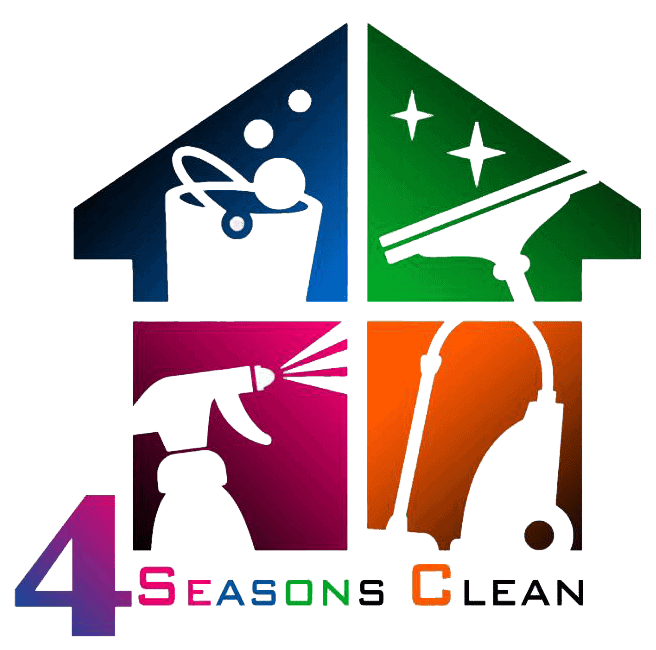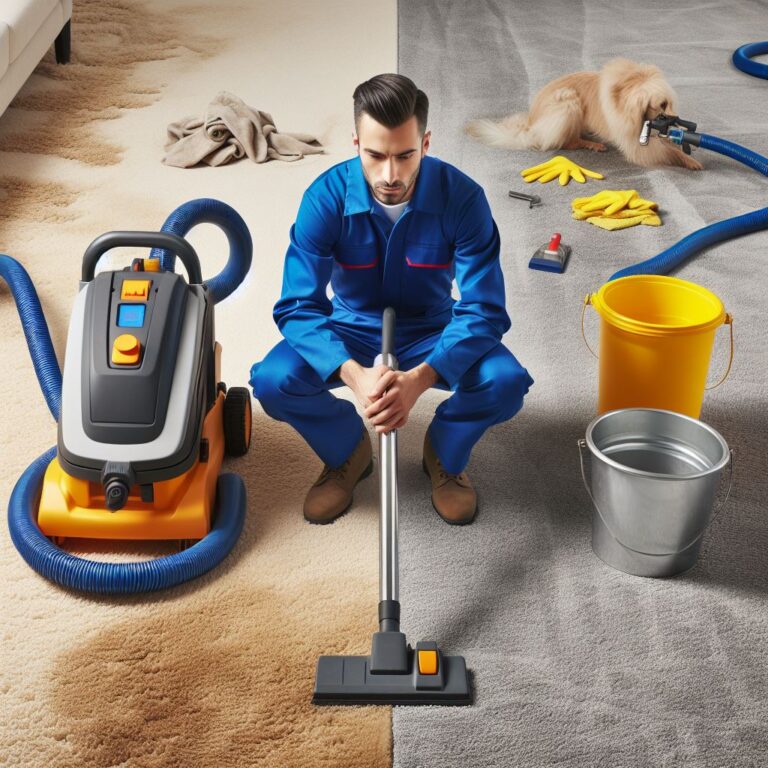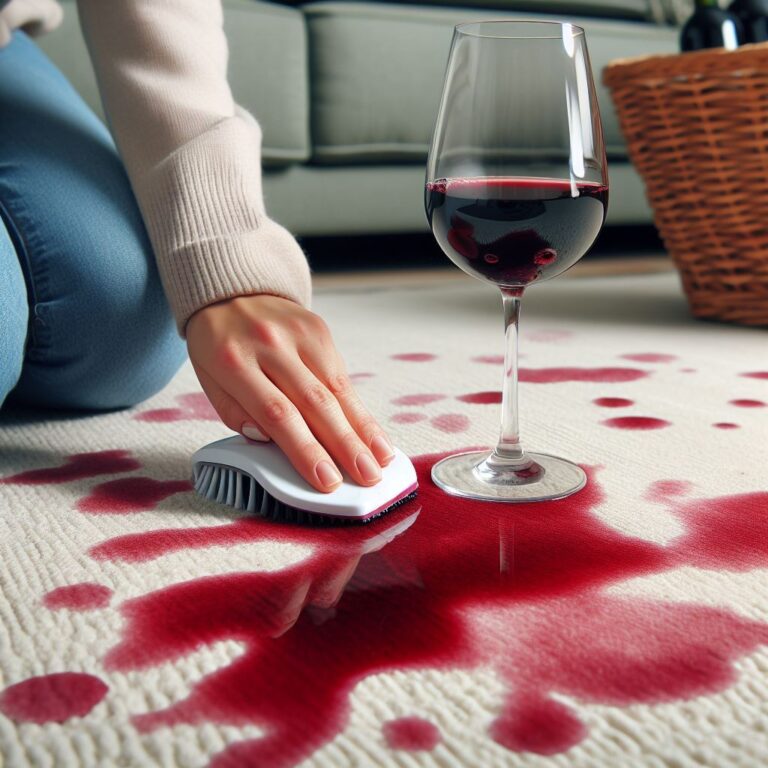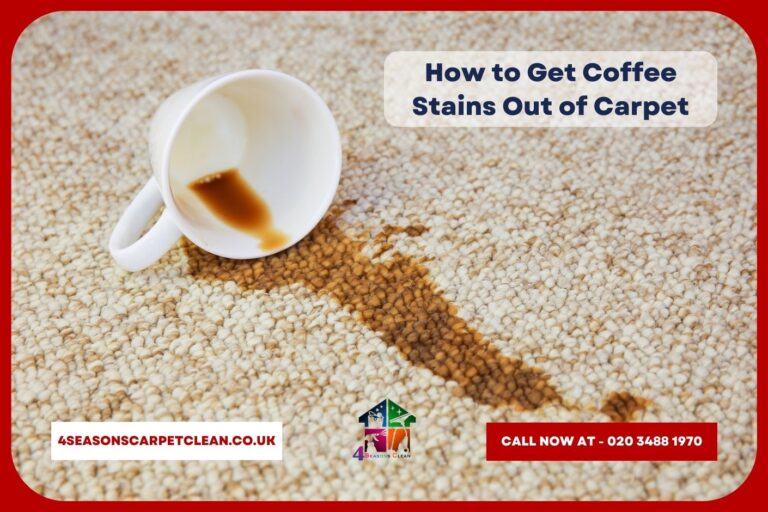Introduction to Eliminate Stale Milk Odor
Spilled milk on your carpet doesn’t just leave a stain; it can also result in an unpleasant odor that lingers. Whether from a toppled glass or a baby’s bottle, this common accident doesn’t have to leave a permanent mark on your home. This blog post will guide you through understanding why milk odor persists and offer practical solutions to eliminate that stale smell for good.
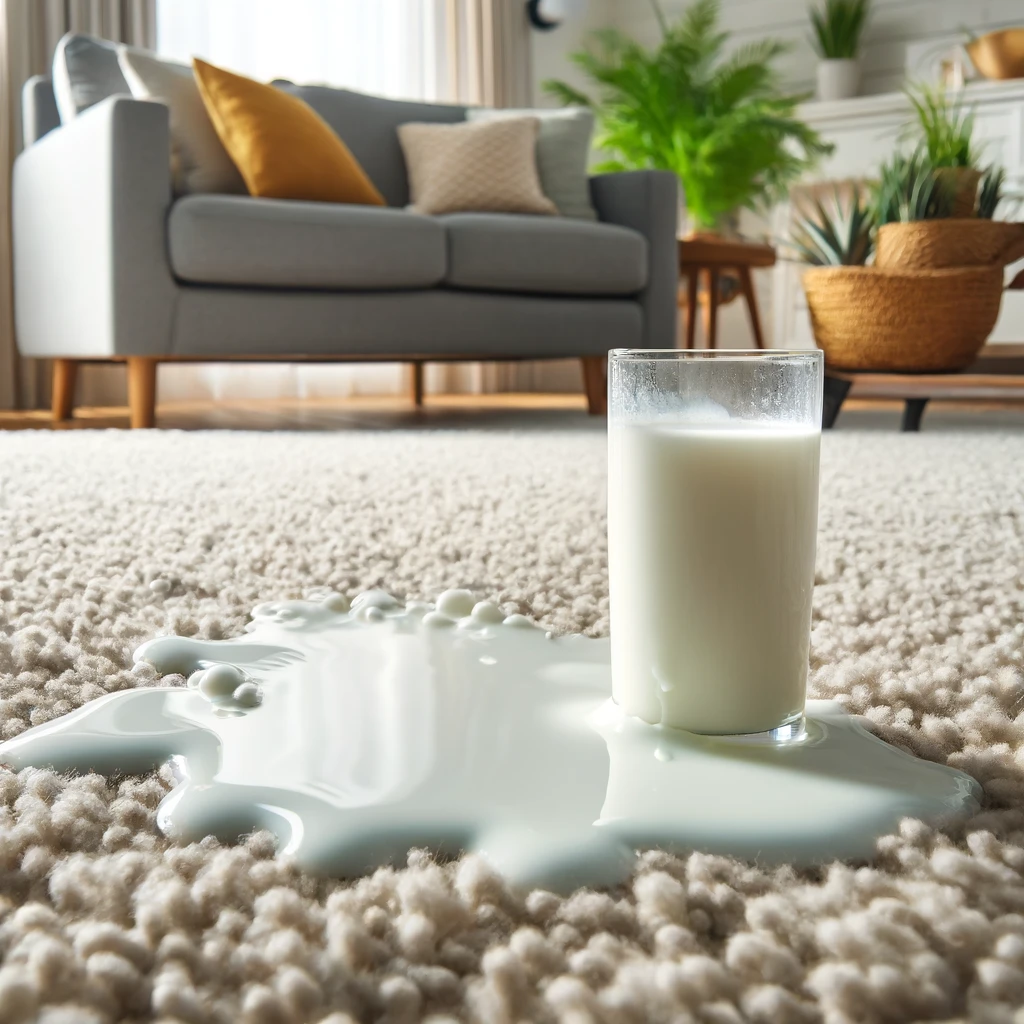
What Causes Milk to Leave a Lingering Smell in Carpets?
When milk spills on a carpet, its proteins and fats penetrate deep into the fibers, providing a breeding ground for bacteria. As these microorganisms multiply, they produce compounds that emit a foul odor, making quick action essential. Factors like the type of milk (full-fat versus skim) and its temperature at the time of the spill can exacerbate the smell.
Immediate Steps to Take When Milk Spills on Carpet
- Blot, Don’t Rub: Use a clean, dry cloth to blot as much milk as possible. Rubbing can push the liquid deeper into the carpet fibers.
- Apply Cold Water: Dampen the area lightly with cold water to dilute the milk, then continue blotting to absorb more liquid.
- Avoid Heat: Do not use hot water or try to dry the area with heat, as this can set the protein and make the odor harder to remove.
Household Products That Can Remove Milk Odors
Removing the stale smell of milk from carpets doesn’t require harsh chemicals. Common household products can be surprisingly effective at tackling this smelly problem. Here’s how you can use them:
- Baking Soda:
- What You Need: Plain baking soda.
- Method: Generously sprinkle baking soda over the affected area. Let it sit overnight to absorb the odors.
- Action: Baking soda absorbs moisture and odors, making it ideal for neutralizing unpleasant smells.
- Next Step: Vacuum up the baking soda the following day to clear out the residue and odor.
- Vinegar Solution:
- What You Need: White vinegar and water.
- Method: Mix one part white vinegar with two parts water in a spray bottle. Spray the solution onto the affected area, let it sit for a few minutes, then blot dry.
- Action: Vinegar’s acidity breaks down the odors and acts as a natural deodorizer.
- Note: Always test the vinegar solution on a small, hidden area of your carpet first to prevent any discoloration.
- Enzymatic Cleaner:
- What You Need: Commercial enzymatic cleaner suitable for carpets.
- Method: Apply the enzymatic cleaner according to the manufacturer’s instructions. Typically, you’ll spray or pour it directly on the stained area.
- Action: Enzymatic cleaners break down the proteins in milk, which are the source of the odor.
- Final Step: Let the cleaner sit for the recommended time, then blot or gently scrub as needed.
These methods are not only effective but also environmentally friendly and safe for use around pets and children. With the right approach, you can restore your carpet to a fresh, odor-free state.
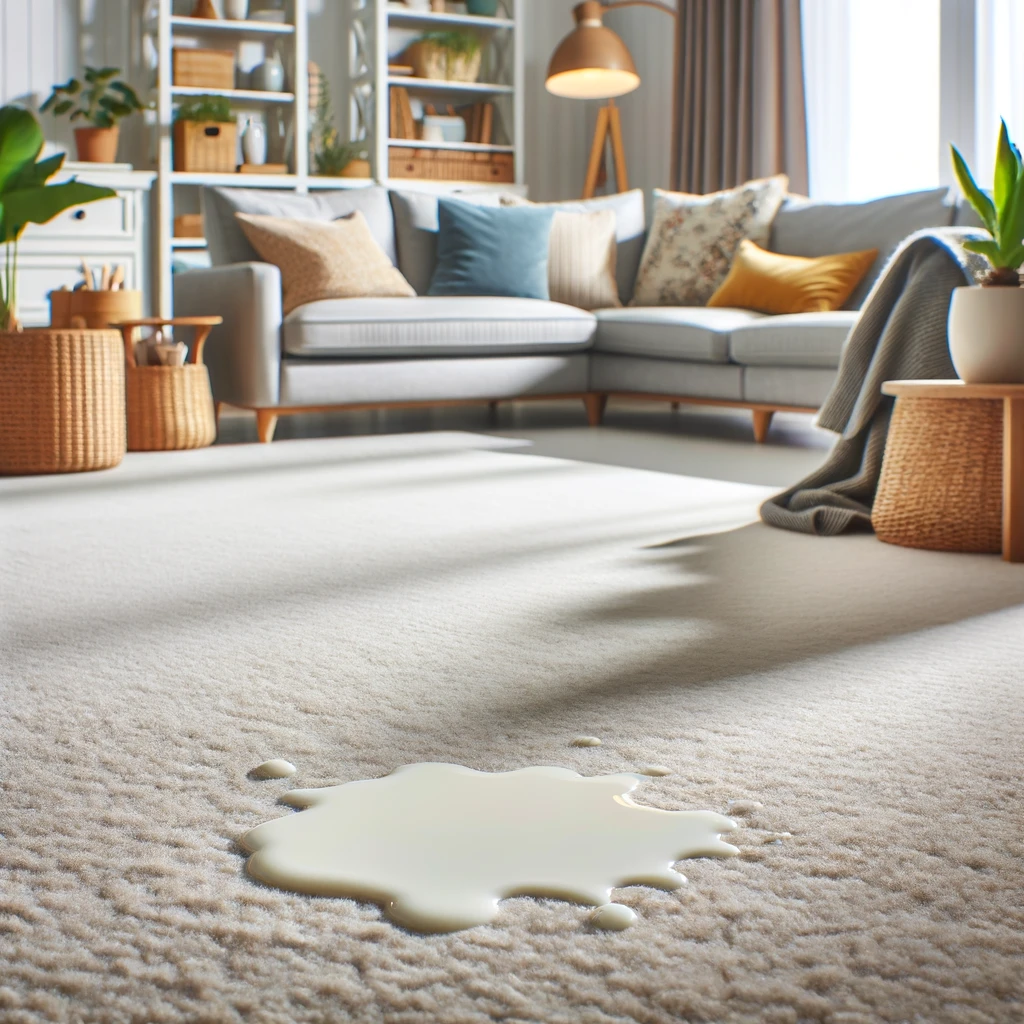
When to Call a Professional Carpet Cleaning
Sometimes, despite your best efforts, DIY solutions might not fully remove the milk odor or stain. Here’s when it’s advisable to call a professional:
- Persistent Stains and Odors: If the smell persists after trying multiple cleaning methods, a professional can offer more advanced solutions.
- Large or Old Stains: Older stains that have set might require professional techniques like steam cleaning or deep extraction.
- Specialty Carpets: Some carpets, such as those made from natural fibers or high-pile designs, might require specialized cleaning methods to prevent damage.
Professionals have access to high-grade equipment and cleaning solutions that can more thoroughly clean and deodorize your carpet, ensuring that no trace of the spill remains.
We are highly suggested on Google My Business
115+ 5.0 ★★★★★ reviews
Conclusion and Recap of Key Points:
Dealing with a milk spill on your carpet can be frustrating, but it doesn’t have to lead to a permanent odor issue in your home. By understanding the science behind why milk odors linger and using the right cleaning techniques, you can effectively remove these unpleasant smells.
- Act Quickly: The sooner you address the spill, the easier it will be to remove both the stain and the odor.
- Use Household Products: Items like baking soda, vinegar, and enzymatic cleaners are not only effective but also safe and environmentally friendly.
- Consider Professional Help: For stubborn or old stains, or if DIY methods don’t suffice, professional carpet cleaning have the tools and expertise to thoroughly clean and deodorize your carpets.
Remember, the goal is not just to mask the odor but to eliminate it, ensuring a clean and fresh environment in your home. Whether you choose to tackle the job yourself or call in the experts, the right approach can make your carpets look and smell as good as new.
We hope this guide helps you handle milk spills on carpets with confidence and ease. Thank you for following along, and don’t hesitate to try these methods to keep your carpets fresh and clean!
